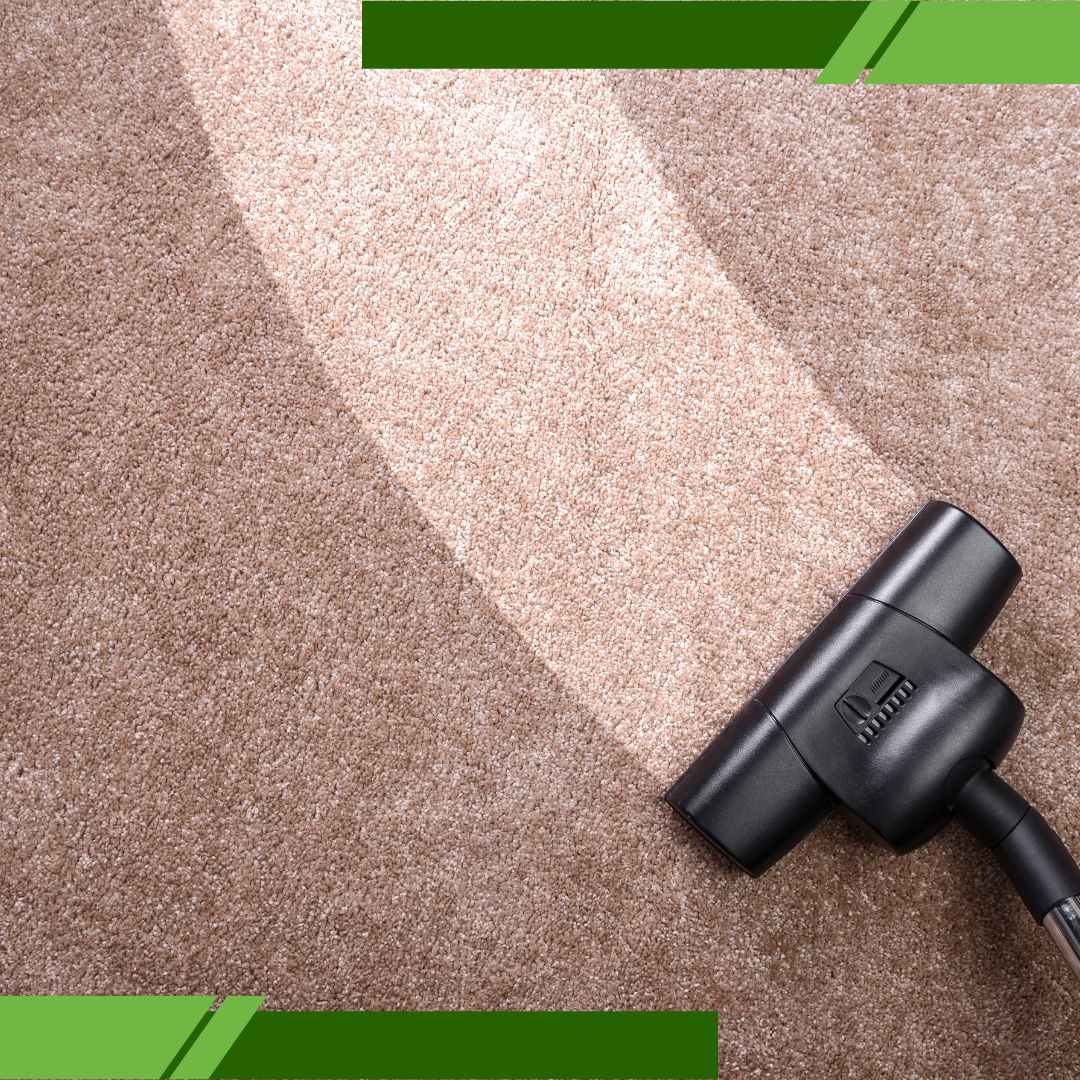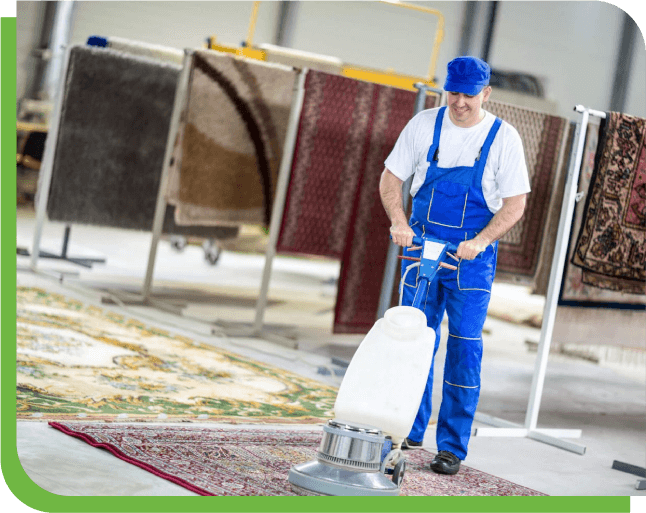Get in touch
Fill this up to proceed

We are committed to providing a world-class carpet, rug, upholstery, drapery or mattress cleaning services that will open your door to a happier and healthier green indoor environment.

Did you know you could be breathing in harmful air every day—right inside your home? Many people think air pollution is only something that happens outdoors. But the truth is, the air inside your house can be even worse. And when indoor air quality health becomes a problem, your body notices it in ways you might not expect. If you live in areas like Playa Vista, the mix of coastal humidity and indoor pollutants can make the situation worse.
Let’s explore how polluted indoor air can silently hurt your health—and how to fix it before it gets worse.
Have you ever felt drained for no reason, or battled a headache that just won’t quit? These could be early warning signs that indoor air quality health is at risk in your home. Polluted air inside your home may contain volatile organic compounds, carbon monoxide, and mold spores. When you breathe these in, they mess with your oxygen intake and brain function.
You might notice frequent headaches, especially in the morning, feeling tired all day even after a good night’s sleep, or trouble concentrating and foggy thinking. People often blame these signs on stress or lack of sleep. But what if the real issue is the air you’re breathing?
To fix this, open windows when the weather allows to improve ventilation, use an air purifier with HEPA filters, and avoid using strong chemical cleaners by going for natural options. And if you want your air cleaned from the source, scheduling a professional deep cleaning service for your home is a smart step in the right direction. You can also check out this reliable carpet and upholstery cleaning service trusted by many homeowners for restoring freshness and improving indoor air quality health.
When indoor air quality health is poor, one of the first systems to take a hit is your respiratory system. Dust, dander, smoke, and chemical particles can hang around in the air and enter your lungs.
Common signs include wheezing or coughing for no clear reason, chest tightness or discomfort, and shortness of breath even when resting. These symptoms are more serious for people with asthma or allergies. But even healthy people can develop breathing problems if the air in their home stays dirty over time.
Quick ways to improve your indoor air include avoiding smoking indoors, keeping humidity between 30–50 percent to control mold, and cleaning your carpets and rugs regularly since they trap pollutants. For locals in Playa Vista, where allergens can travel easily through coastal winds, having your carpets thoroughly serviced can make a big difference. Consider using Carpet Cleaning Playa Vista that knows how to handle stubborn dust and allergens.
Your skin isn’t just your body’s largest organ—it’s also one of the first to react when indoor air quality health suffers. Poor air can dry out your skin and cause flare-ups.
Watch out for dry, itchy patches, rashes or redness with no clear cause, and eczema symptoms getting worse. Dirty indoor air contains things like dust mites, pet hair, mold, and chemical irritants. These particles settle on your skin or cause allergic reactions.
Simple ways to protect your skin include installing a high-quality air filter in your HVAC system, showering after cleaning or being in dusty environments, and keeping your living space clutter-free to reduce dust accumulation. In Playa Vista, where coastal moisture can mix with indoor dust, keeping humidity balanced is especially important for both skin comfort and indoor air quality health.
Believe it or not, the air you breathe while you sleep matters just as much as during the day. When indoor air quality health breaks down at night, your brain and lungs don’t get the fresh air they need for deep rest.
You may experience waking up often in the middle of the night, feeling unrested even after a full night’s sleep, or snoring and breathing interruptions even in people without sleep apnea. Good sleep starts with good air. Make your bedroom a clean-air zone by keeping pets out of the room to reduce dander, vacuuming often with a HEPA filter vacuum, and using houseplants like snake plants or aloe vera to help clean the air.
For residents of Playa Vista, where ocean air can still carry dust and pollen indoors, regular carpet and upholstery care is an important step in maintaining healthy sleeping conditions and boosting indoor air quality health.

Stuffy nose, watery eyes, and a scratchy throat are telltale signs that your indoor air quality health may be compromised. Indoor air pollution often triggers burning or itchy eyes, constant sneezing or nasal congestion, and a sore or dry throat. These symptoms are similar to allergies, but they can happen even when it’s not allergy season because your home is trapping pollutants that should be flushed out.
Easy fixes include not blocking air vents or windows, using exhaust fans in the kitchen and bathroom, and dusting surfaces often with a vacuum rather than just wiping them.
A hidden danger of bad indoor air quality health is its impact on your immune system. Your body is designed to fight off germs and bacteria, but when it’s constantly fighting pollution too, it wears down faster.
Signs your immune system may be affected include catching colds more frequently than usual, longer recovery times after sickness, and feeling off without an obvious reason. When your lungs are exposed to pollutants for long periods, inflammation can build up, weakening your body’s defenses over time. To boost your body’s protection, replace HVAC filters every one to two months, use natural non-toxic household products, and reduce synthetic fragrances from air fresheners and candles.
Some of the most at-risk family members are the ones who can’t protect themselves. When indoor air quality health is poor, kids, older adults, and pets suffer the most. Children’s lungs are still developing, seniors often have weaker immune systems, and pets are closer to the floor where pollutants settle.
They may not be able to tell you something’s wrong, but you’ll notice children with frequent ear infections or breathing problems, seniors with worsened heart or lung conditions, and pets scratching, sneezing, or acting sluggish. For families in Playa Vista, this means keeping indoor spaces clean and well-ventilated is not just about comfort—it’s about protecting loved ones’ health.
There’s no need to panic. While indoor air pollution is a real problem, there are several simple, practical steps you can take to make your home a safe and healthy place to breathe.
Here’s what you can start doing right now to improve indoor air quality health in your home: vacuum carpets and rugs regularly using HEPA-filter vacuums to trap dust and allergens, change HVAC and air purifier filters every one to two months, open windows or use exhaust fans to keep air moving and prevent buildup, add air-purifying houseplants like peace lilies and spider plants, use a dehumidifier or humidifier to keep humidity between 30–50 percent, avoid synthetic air fresheners and scented candles by opting for natural scents or essential oils, and clean bedding, curtains, and upholstery frequently, especially in homes with pets.
Bonus Tip: Do a full-home refresh every few months by deep cleaning your carpets and furniture, checking for hidden mold around sinks and walls, and cleaning out your HVAC vents and ducts.
We often forget that the air we breathe inside our homes plays a major role in how we feel, think, and even sleep. From stubborn headaches to irritated skin to weakened immune systems—your indoor air quality health affects it all.
But the good news? You can take back control. Small steps lead to big changes, and your home can become a place of comfort, not discomfort. Whether it’s swapping out a filter or getting professional help, the clean air you deserve is within reach. Start today. Breathe better. Live better.
If you’re experiencing headaches, coughing, or constant fatigue without a clear reason, your indoor air may be polluted. Using an air quality monitor or noticing signs like musty smells or dust buildup can help confirm it.
Start by opening windows daily, using a HEPA air purifier, and vacuuming regularly with a high-efficiency vacuum. Swapping out HVAC filters monthly also makes a big difference.
Yes, poor indoor air quality health can trigger or worsen allergy symptoms like sneezing, itchy eyes, and congestion. Common allergens like dust mites and mold thrive in stagnant indoor air.
Absolutely—carpets trap pollutants like dust, dander, and mold spores. Regular deep cleaning keeps those hidden irritants from circulating into the air you breathe.
Yes, especially those with HEPA filters that remove fine particles and allergens. They’re a great solution for keeping indoor air quality health strong in high-use or closed spaces.

We are committed to providing a world-class carpet, rug, upholstery, drapery or mattress cleaning services that will open your door to a happier and healthier green indoor environment.
We are committed to providing a world-class carpet, rug, upholstery, drapery or mattress cleaning services that will open your door to a happier and healthier green indoor environment.